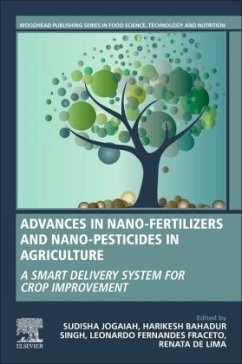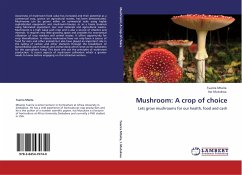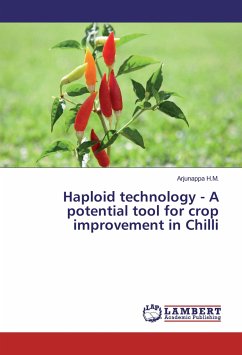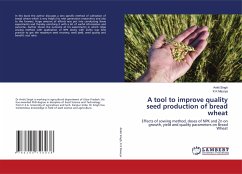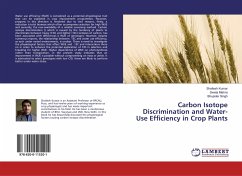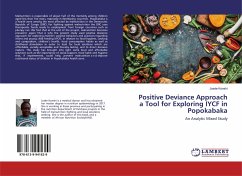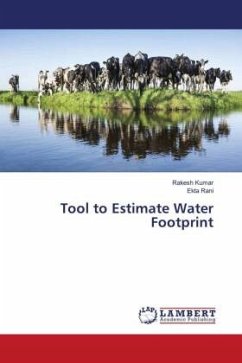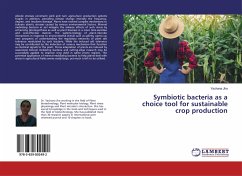
Symbiotic bacteria as a choice tool for sustainable crop production
Versandkostenfrei!
Versandfertig in 6-10 Tagen
36,99 €
inkl. MwSt.

PAYBACK Punkte
18 °P sammeln!
Abiotic stresses constraint yield and turn agriculture production systems fragile; in addition, persisting climate change intensify the frequency, degree, and resultant damage. Plants have evolved complex mechanisms to tolerate abiotic stresses caused by various environmental factors. Mineral mobilizing bacteria in soil mitigate the adverse effects of such stress by enhancing photosynthesis as well as plant biomass in a more time-sensitive and cost-effective manner. The systems biology of plant-microbe interactions in response to environmental stimuli such as salinity, opens up new prospects o...
Abiotic stresses constraint yield and turn agriculture production systems fragile; in addition, persisting climate change intensify the frequency, degree, and resultant damage. Plants have evolved complex mechanisms to tolerate abiotic stresses caused by various environmental factors. Mineral mobilizing bacteria in soil mitigate the adverse effects of such stress by enhancing photosynthesis as well as plant biomass in a more time-sensitive and cost-effective manner. The systems biology of plant-microbe interactions in response to environmental stimuli such as salinity, opens up new prospects of understanding the regulatory networks of plant salt tolerance modulated by such bacteria. While the induced salt tolerance may be contributed by the induction of various mechanism that function as chemical signals to the plant. Stress adaptation of plants are induced by associated mineral mobilizing bacteria and cutting-edge research may be successfully applied to improve crop yield in saline prone regions. The potential application of mineral mobilizing bacteria to help plants deal with stress in agricultural fields seems vastly large, yet much is left to be utilised.



